5, November 2018
Prof Kamto’s Victory: A nation in denial 0
When he entered the Bakassi affair, he did not demand a contract or fees, he was a CAMEROONIAN
When he risked his life 3 times as part of the trip for the Cameroonian border studies in the context of this case, he was CANEROONIAN
When he brilliantly led the technical delegation to The Hague, which led to a favourable verdict on October 10, 2002, he was a CAMEROONIAN
When he was appointed Minister Delegate to have the same official rank as the Nigerian Chief Negotiator, he was a CAMEROONIAN
When he refuses to be in the government car service and fly in first class, he was seriously Cameroonian.
When he brilliantly managed the negotiations that led to the GREEN TREE agreements, he was a CAMEROONIAN
When he decides to run for the supreme office, to be the Head Of State, one suddenly remembers that he is BAMILÉKÉ, and that despite his competence, his is impeccable and the project of our society and his almost perfect political program, can’t come fruiting because he is BAMILEKE.
Now that you are here
The Cameroon Concord News Group Board wishes to inform its faithful readers that for more than a decade, it has been providing world-class reports of the situation in Southern Cameroons. The Board has been priding itself on its reports which have helped the world to gain a greater understanding of the crisis playing out in Southern Cameroons. It hails its reporters who have also helped the readers to have a broader perspective of the political situation in Cameroon.
The Board wishes to thank its readers who have continued to trust Southern Cameroon’s leading news platform. It is therefore using this opportunity to state that its reporters are willing to provide more quality information to the readers. However, due to the changing global financial context, the Board is urging its readers to play a significant role in the financing of the news organization. It is therefore calling on its faithful readers to make whatever financial contribution they can to ensure they get the latest developments in their native Southern Cameroons, in particular, and Cameroon in general.
Bank transaction: Soter Tarh Agbaw-Ebai
Banking IBAN: GB51 BARC 2049 1103 9130 15
Swift BIC BARC GB22XX
SORT CODE 20-49-11, ACCOUNT NUMBER – 03913015 Barclay PLC, UK
The Board looks forward to hearing from the readers.
Signed by the Group Chairman on behalf of the Board of Directors
Soter Tarh Agbaw-Ebai
Email: soteragbawebai@gmail.com
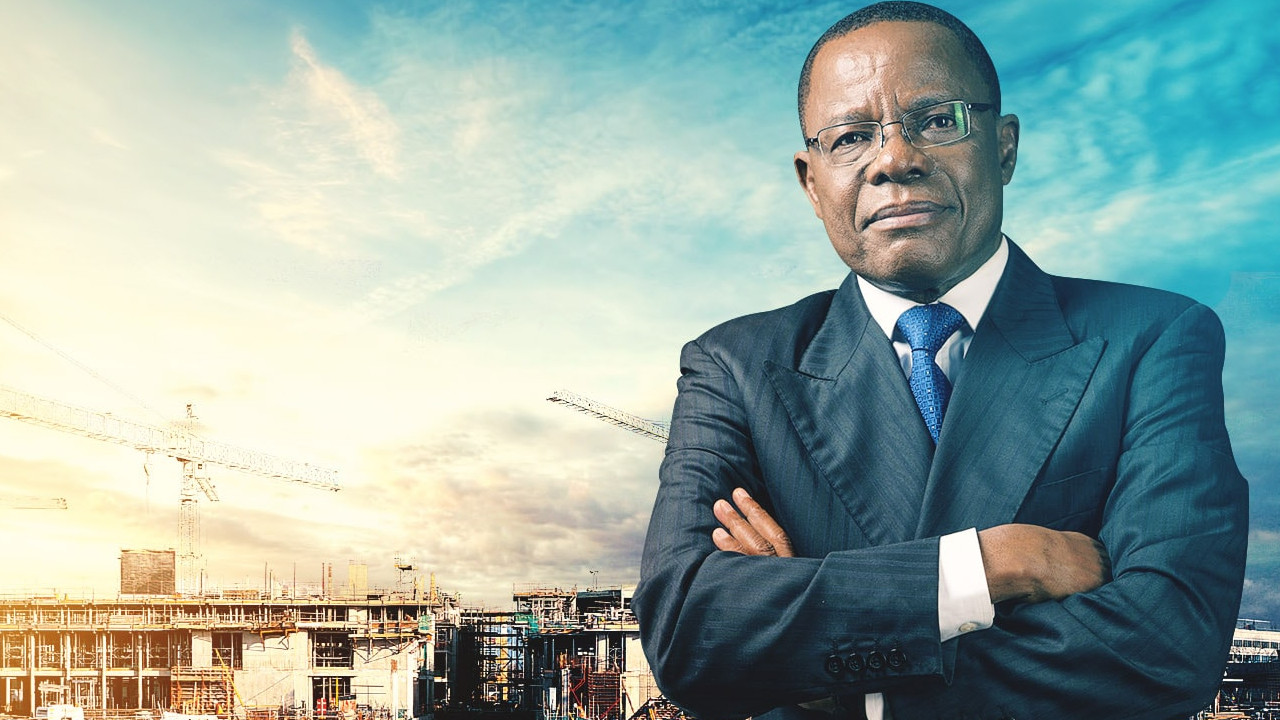
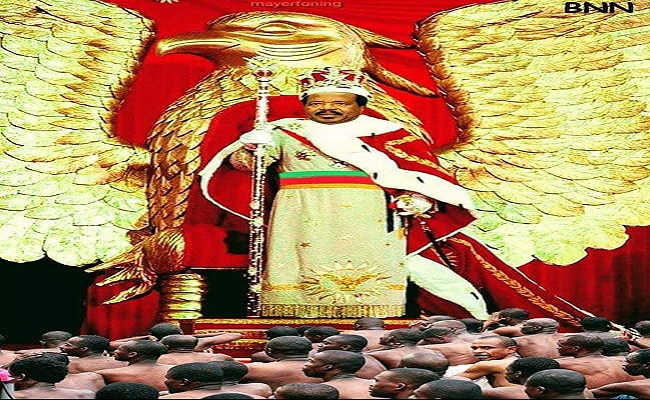

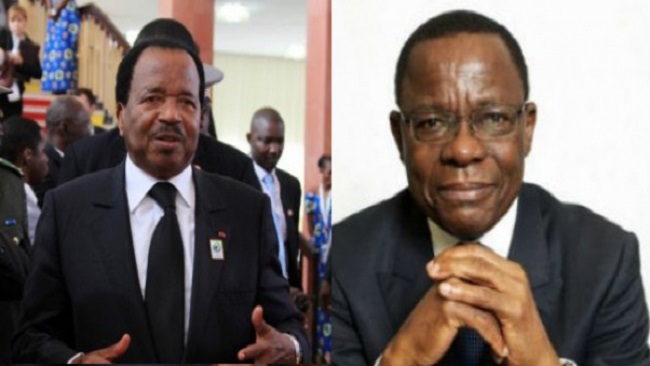
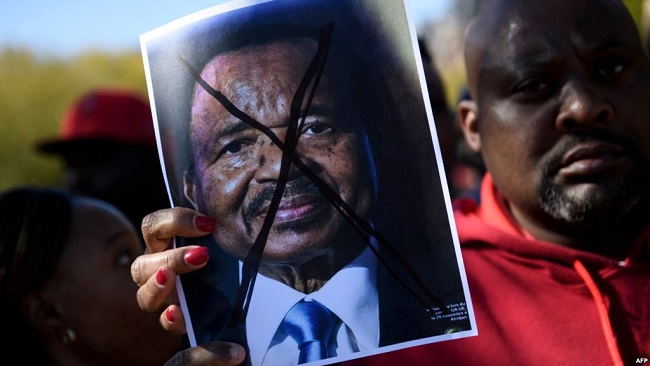
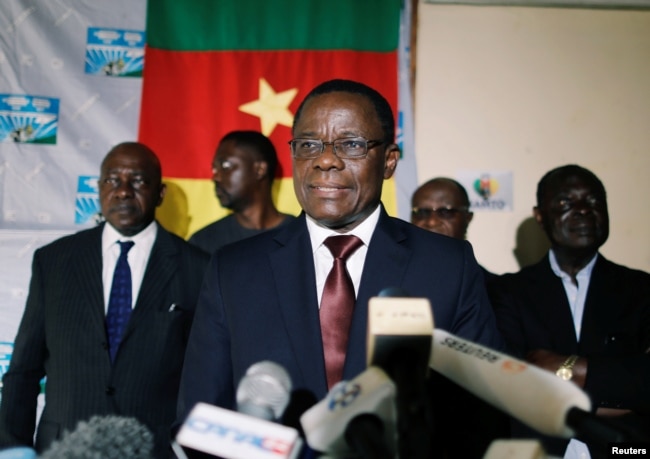
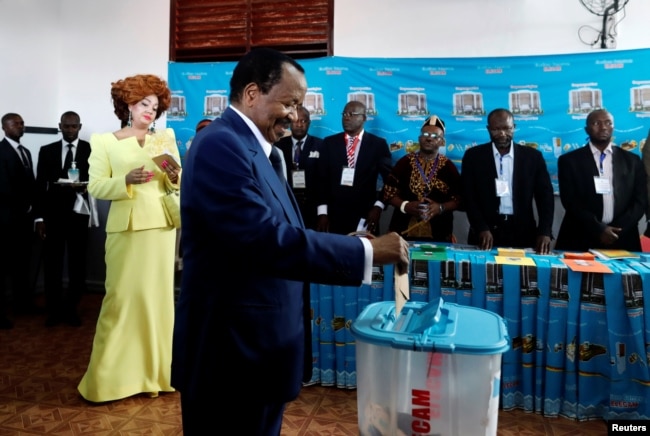


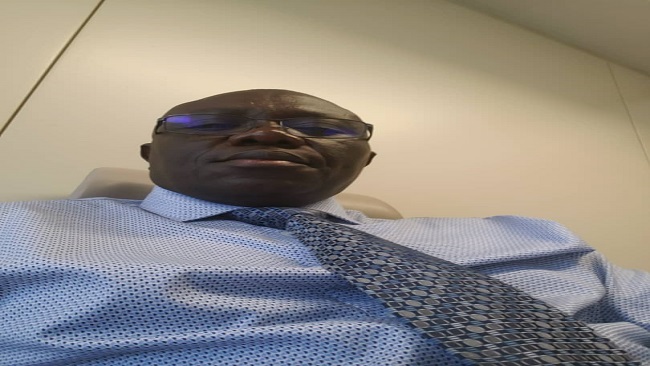
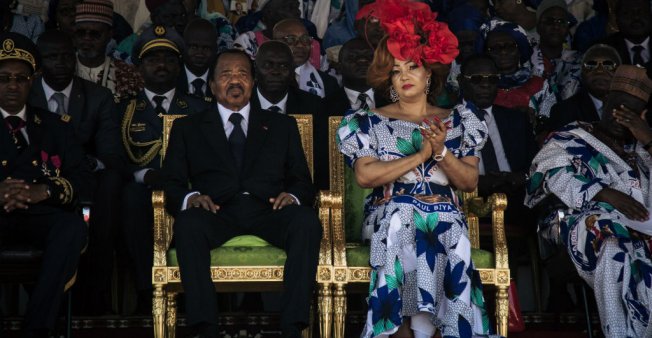


















6, November 2018
Yaounde: Biya to be sworn-in today 0
Cameroon president-elect is scheduled to take the oath of office today, according to a program released by the National Assembly.
The swearing-in ceremony will begin at 11 a.m. local time at the National Assembly in capital Yaounde, the program indicates.
On Monday, the final leg of preparations for the president’s swearing-in were underway at the National Assembly.
The ruling party, Cameroon People’s Democratic Movement (CPDM), is mobilizing members and sympathizers to honour the official ceremony in a “special way”, Jean Nkuete, secretary general of the party said.
According to the Constitutional Council, 85-year-old Paul Biya won the presidential poll in October.
Source: Xinhua
Now that you are here
The Cameroon Concord News Group Board wishes to inform its faithful readers that for more than a decade, it has been providing world-class reports of the situation in Southern Cameroons. The Board has been priding itself on its reports which have helped the world to gain a greater understanding of the crisis playing out in Southern Cameroons. It hails its reporters who have also helped the readers to have a broader perspective of the political situation in Cameroon.
The Board wishes to thank its readers who have continued to trust Southern Cameroon’s leading news platform. It is therefore using this opportunity to state that its reporters are willing to provide more quality information to the readers. However, due to the changing global financial context, the Board is urging its readers to play a significant role in the financing of the news organization. It is therefore calling on its faithful readers to make whatever financial contribution they can to ensure they get the latest developments in their native Southern Cameroons, in particular, and Cameroon in general.
Bank transaction: Soter Tarh Agbaw-Ebai
Banking IBAN: GB51 BARC 2049 1103 9130 15
Swift BIC BARC GB22XX
SORT CODE 20-49-11, ACCOUNT NUMBER – 03913015 Barclay PLC, UK
The Board looks forward to hearing from the readers.
Signed by the Group Chairman on behalf of the Board of Directors
Soter Tarh Agbaw-Ebai
Email: soteragbawebai@gmail.com